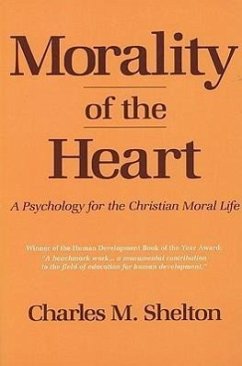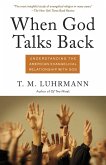Using developmental psychological theory from Lawrence Kohlberg's theory of moral development, Norma Hann's emphasis on the role of emotion and defense mechanisms in self-perceptions related to morality, and Carol Gilligan's theory of sexual differences in ethics, as well as Martin Hoffman's theory of empathic development, Shelton constructs a moral theory rooted in the human capacity for empathy. He considers how empathy is developed, how emotions may be developed, and how persons become blind to their own immorality, ending with a brief caution about the limits of empathy. Recommended for all libraries, but especially for public and seminary libraries.








